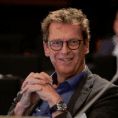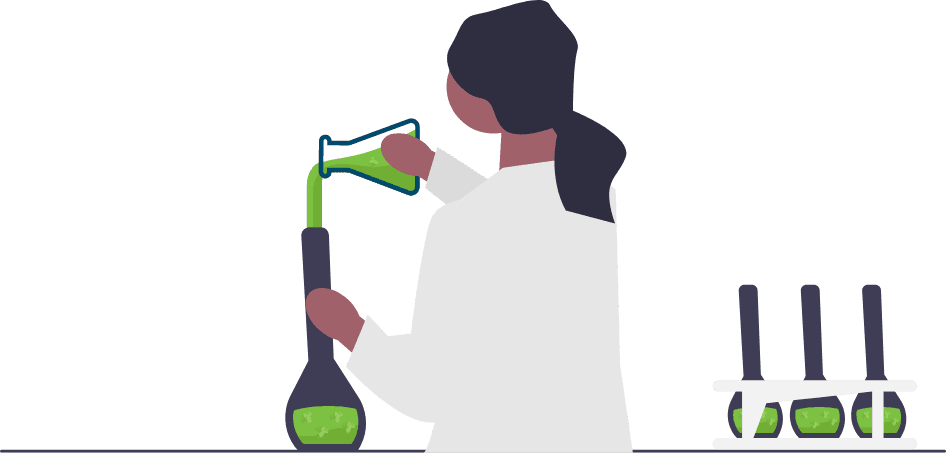The AlgaePARC Biorefinery program has been initiated by Wageningen University and Research Centre in cooperation with eleven industrial partners and University Twente. The program is performed with financial support from the Netherlands’ Ministry of Economic Affairs in the framework of the TKI BioBased Economy under contract nr. TKIBE01009.
The overarching objective of the project (2013-2018) is to develop innovative, scalable technologies for biorefinery of commodities (lipids, proteins, carbohydrates) from microalgae.
For the program three work packages have been defined.
WP1: Technology Development/Optimization (Lab-Pilot Plant)
The aim of work in this WP is to develop new, scalable technologies for the biorefinery of microalgae cultivated at AlgaePARC whereby these technologies should be mild, efficient, cost effective and sustainable. The focus is on mild cell disruption techniques, enzyme-assisted disruption and mild extraction processes that enable recovery of all biomass fractions while fully retaining their structure and functionality. Selected technologies will be scaled up to pilot scale. Furthermore the work aims at development and modelling of energy and cost effective harvesting methods integrated with further downstream processing of algae via biorefinery.
WP2: Systems Analysis and sustainability assessment
The aim of this work is to perform Life Cycle Assessment driven design of integral algae biorefineries including processing conditions and product routing and resource recovery based on input of data by the project partners. Furthermore the work will address integration of the algae biorefinery within the supply chain.
WP3: Enabling Technologies – Basic Knowledge
For the development of biorefinery techniques detailed knowledge about the cell wall composition - as a function of algal strain and cell stage - is vital for efficient biorefinery of the microalgae. To acquire this knowledge is the main aim of WP3. The work will be done via: detailed analyses of cell wall composition and its variability and a full analysis of biomass composition, localization and functionality of biomass components.
The focus is on development and scale-up of mild cell wall disruption, extraction and fractionation technologies in close co-operation with the R&D and industrial partners.
The work will comprise Life Cycle Assessment driven design of integral algae biorefineries including integration of the biorefinery within the supply chain. Development of knowledge on cell wall composition, structure and biomass composition via detailed (bio)chemical, physicochemical and structural analyses.
The work is in progress. A major finding to date is that marine microalgae can be harvested effectively by using cationic polymeric flocculants.
Cationic polymers for successful flocculation of marine microalgae (2014). G.P. ‘t Lam, M.H. Vermuë, G. Olivieri, L.A.M. van den Broek, M.J. Barbosa, M.H.M. Eppink, R.H. Wijffels, D.M.M. Kleinegris. Bioresource Technology, Volume 169, October 2014, Pages 804–807.

Professor

Professor/Chair Bioprocess Engineering


